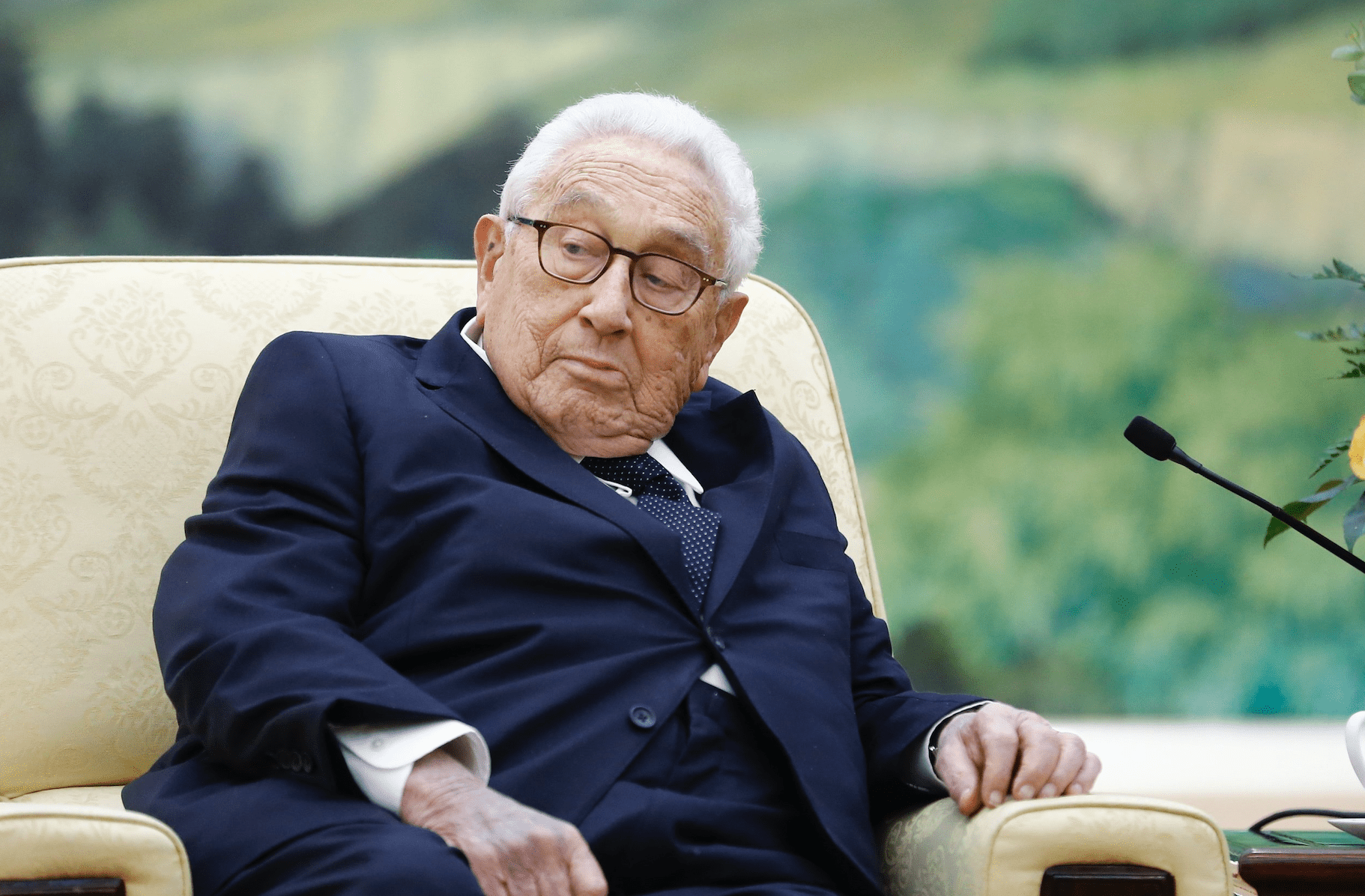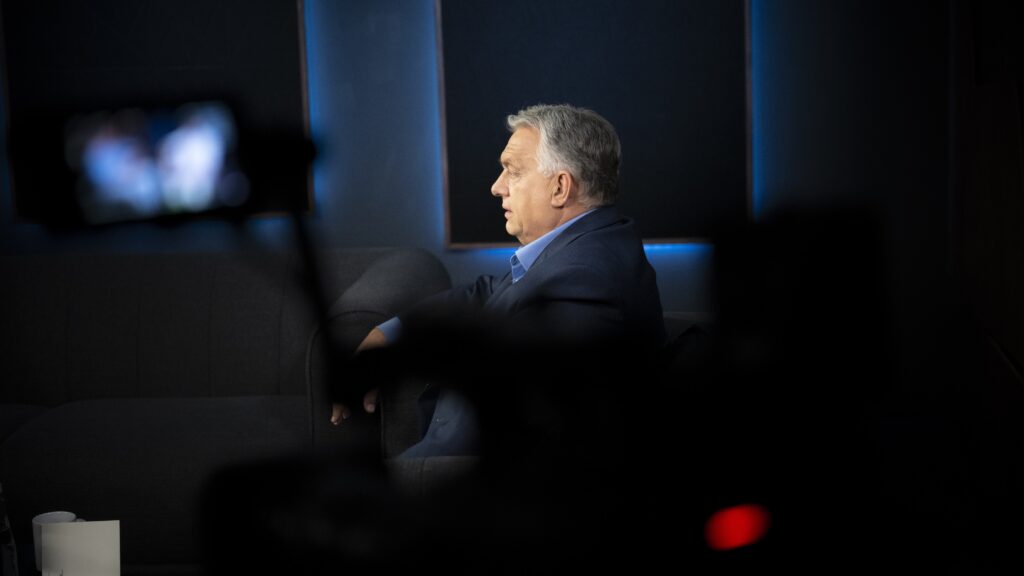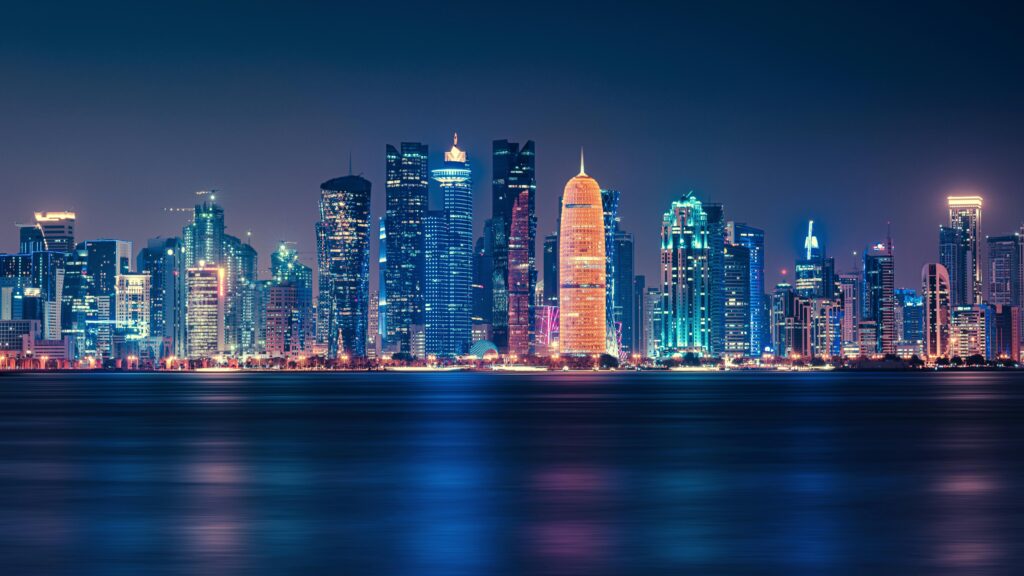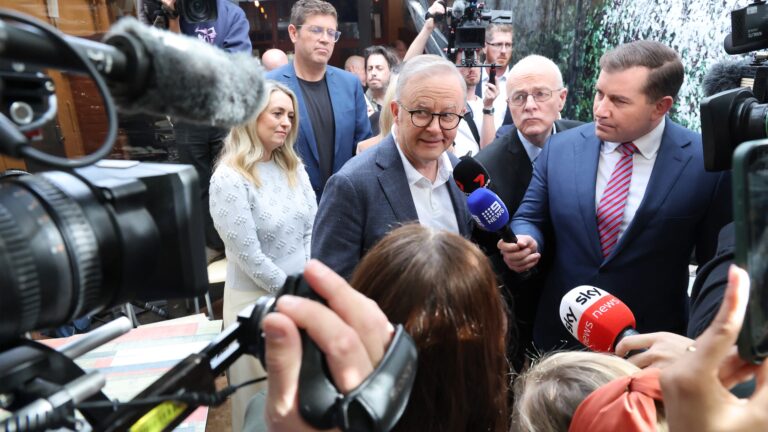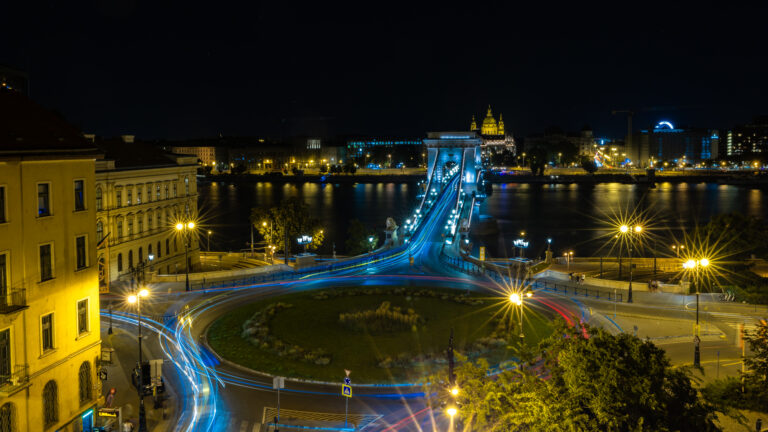Few names are so widely-known in international relations as that of Henry Kissinger. The now 99-year-old legendary former US diplomat was Secretary of State under presidents Nixon and Ford, pioneered the policy of détente with the Soviet Union, helped open relations with China and negotiated the Paris Peace Accords, ending the long and bloody Vietnam War. Among dozens of other notable achievements, of course, most of which are connected to the facilitation of peaceful de-escalation processes in the name of realpolitik.
In broad terms, Kissinger’s chosen school of diplomacy prefers policies based on the considerations of the given circumstances of each situation, rather than strict ideological or moral principles. His diplomatic successes during the Cold War can largely be attributed to this pragmatic flexibility. Kissinger has been always aware that if one is convinced of the other side’s malevolence from the start, it is unlikely that they will the other side’s arguments, much less an agreement reached. History has showed us that some wars cannot be concluded without negotiations; realizing that in time is key to avoiding unnecessary, large-scale human suffering. This idea is also the starting point of Kissinger’s latest opinion piece, published on the Spectator, which draws a parallel between the First World War and the current conflict being fought in Ukraine.
Two years into the Great War, Kissinger says,
there was a brief moment when ‘peace based on the modified status quo ante was within reach’,
but as the warring leaders hesitated, the mounting casualties eventually made it impossible to conceive any compromise that could justify the sacrifices made. The war went on and claimed millions of more victims, and the peace ultimately brokered upon the smouldering ruins of a once great continent ‘irretrievably damaged Europe’s established equilibrium.’ The same can happen to us now, Kissinger warns in his article, ominously titled ‘How to avoid another world war’.
The premise of his advice is that Ukraine (and by extension, the Western international community) should take advantage of the rare window of opportunity ahead, with winter temporarily ending large military manoeuvres along the front lines for the time being, and seek to enter peace talks with Russia. The situation is comparable to 1916, in Kissinger’s opinion. Both sides have realized by now that this war will not end as easily and quickly as expected and both sides have registered a much greater death toll than anticipated (around a hundred thousand troops each). Also, there might not be another time to return to the status quo ante, that is to the pre-2022 frontlines. But, Kissinger opines, this is also a time ‘to build on the strategic changes which have already been accomplished and to integrate them into a new structure’ whilst negotiating the peace.
Indeed, much has changed since the beginning of the war.
Russia needs to acknowledge that the Ukraine it attacked in February is not the same country it is today.
With the help of its allies, Kyiv has built up one of the largest and most effective armies in Europe, a formidable force that’s committed to the West and its values. Russia is not the same either: Ukraine’s successful defiance of its formerly dreaded army greatly diminished its international prestige and weakened its ability to pose a danger to the West. ‘This process has mooted the original issues regarding Ukraine’s membership in NATO’, wrote Kissinger. ‘A peace process should link Ukraine to NATO, however expressed.’
Similarly, Kyiv should also come to terms with reality. The energy infrastructure is in ruins, many of the major cities have been almost levelled, social services are non-existent in large parts of the country, one-fifth of the total territory needs to be de-mined in order to restart agriculture and nearly a quarter of the population has left the country, many of whom will never return. It will take at least the better part of a decade to rebuild Ukraine, so it should be of utmost importance for Kyiv to end the war as soon as possible before further devastation is inflicted—or before it runs out of people to rebuild the country for. Therefore, argues Kissinger, Ukraine should regard the territories occupied in 2014-2015 as a subject of the negotiations that would start once a ceasefire line along the pre-war borders is established. Technicalities of the deal are not important now, only the immediate ceasefire is.
‘The goal of the peace process would be twofold: to confirm the freedom of Ukraine and to define a new international structure, especially for Central and Eastern Europe. Eventually Russia should find a place in such an order,’ Kissinger adds.
This is also why Prime Minister Viktor Orbán has been calling for peace talks ever since the start of the conflict.
To decide on a clearly defined international structure before further catastrophe ensues is in the interest of every country in Central Europe. We cannot allow an excessively fragile system, as was the case in the 1920s, to be created in the wake of the conflict, if we are to avoid a much more disastrous outcome a few years from now.
This is why a peace agreement must offer reasonable terms to Russia as well. ‘For all its propensity to violence, Russia has made decisive contributions to the global equilibrium and to the balance of power for over half a millennium…[T]he dissolution of Russia or destroying its ability for strategic policy could turn its territory encompassing 11 time zones into a contested vacuum’, Kissinger warns. Such a vacuum could easily attract outside powers and give birth to new conflicts between them, or result in an endless series of civil wars between Russia’s competing ethnic groups and lock successor states into eternal conflict once more. All in the proximity of the world’s largest nuclear arsenal, mind you.
Yet, despite his impeccable reasoning, Kissinger’s arguments fall flat before Ukrainian leaders.
Kyiv wants to hear none of this realpolitik nonsense: Zelensky promised to liberate Crimea and the Donbas, so no one should expect a shortcut in this war. ‘Mr. Kissinger still has not understood anything…neither the nature of this war, nor its impact on the world order’, Ukrainian presidential aid Mykhailo Podolyak stated in his answer to the former US diplomat. ‘All supporters of simple solutions should remember the obvious: any agreement with the devil — a bad peace at the expense of Ukrainian territories — will be a victory for Putin and a recipe for success for autocrats around the world,’ Podolyak declared.
Appeasing aggressors rarely works in the long run, truth be told. Podolyak’s argument, therefore, sounds quite reasonable. Nonetheless, if his arrogance did not prevent it, he would realize that Kissinger has been around for almost a century and probably knows more about aggressors than anyone else on the planet. Besides, nothing would really count as ‘appeasement’ at this point. Remember, Russia has lost more in this war than Ukraine: it has lost its most important energy markets, the most crucial partners of its industrial sectors, its international prestige and it close to losing its status as a global power (it has only been spared that for now because of its nuclear arsenal). Also, China and its other allies have turned their back on it. Russia is going to face long years of isolation imposed on it by the rest of the world. And the greatest blow? As Kissinger pointed out, Ukraine will be incorporated into NATO, one way or another— made possible by the war that was launched specifically to prevent that. No peace involving Ukraine’s NATO membership can be called too appeasing.
Kyiv now is emboldened by having the entire West behind it, determined to recapture every square inch of territory, even those lost nearly a decade ago. It appears the Ukrainians will not be content with less even if it means
the whole country will slowly bleed out in the dark while the West runs out of money to fund this madness.
I wonder what the situation will look like next Christmas. If no serious attempts of escalation or de-escalation happen until that, the front lines will be more or less the same, but with another two or three hundred thousand people lying dead in the mud. If—by some miracle—either of the armies prevails over the other, it will mean disaster: if Russia advances significantly, the West will escalate; if Ukraine were to do so, then Moscow could reach for nukes. And if everything goes well, and the Russians are expelled from Ukraine, Putin is dethroned and Russia rendered impotent, then the geopolitical vacuum will lead to instability for decades to come, as Kissinger predicts.
The possibility of global catastrophe grows with every minute we allow this war to continue.
A ceasefire followed by reasonable negotiations is the best possible option for the moment. ‘The quest for peace and order has two components that are sometimes treated as contradictory: the pursuit of elements of security and the requirement for acts of reconciliation. If we cannot achieve both, we will not be able to reach either’, Kissinger concludes. He then adds, ‘The road of diplomacy may appear complicated and frustrating. But progress to it requires both the vision and the courage to undertake the journey.’
Kyiv would do well to find the courage required to let go of its pride, and the sooner the better, or else there might be no one left to save.

